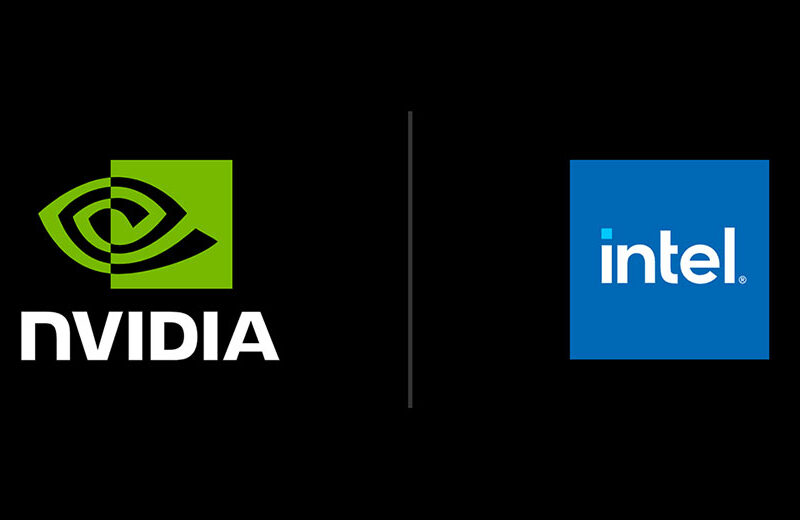Tech’s Tarnished Image Spurring Rise of Chief Trust Officers

Waning trust in tech companies has spawned a new C-level role: Chief Trust Officer (CTrO).
According to a recent trends report by Forrester Research, tech companies are struggling to garner the trust of businesses and the public due to missteps following many breakthrough technology advances. The report pointed out that stalkers have adopted Apple AirTags, machine learning teams have been trained on datasets that ignored ethnic differences, and Elon Musk’s xAI chatbot Grok posted a series of far-right and antisemitic comments on X.
“Tech vendors have become the first to adopt CTrOs out of necessity,” noted the report written by Vice President and Principal Analyst Jeff Pollard, with Oliwia Berdak, Stephanie Balaouras, Liam Holloway, and Michael Belden.
Although tech companies were early adopters of the CTrO concept, other businesses have followed suit. “Organizations that successfully earn and keep the trust of their customers, employees, and partners experience better business outcomes, more engagement, and competitive differentiation,” the report noted.
“For organizations that refuse to leave trust to chance, chief trust officers have emerged as the role responsible for shaping their firm’s destiny,” it continued. “Title inflation and performance theater drive the creation of some C-level roles, but the expansive responsibilities of chief trust officers prove the necessity and value of this role.”
Trust in Short Supply
“In today’s society, trust is in short supply,” observed Louis Eichenbaum, federal CTO of ColorTokens, a provider of zero trust microsegment solutions, in San Jose, Calif.
“Politicians, news outlets, and even the companies people buy from are often met with skepticism, and for good reason,” he told TechNewsWorld. “Businesses have not always been forthcoming about issues that directly impact their customers. From concealing product flaws and financial instability to downplaying data breaches, a lack of transparency has eroded confidence.”
“This growing distrust has created a challenging environment where customers are reluctant to believe what they’re told,” he continued. “To overcome this, companies need leaders who can develop strategies that prioritize honesty and openness. By embedding transparency into every customer interaction, organizations can begin to repair relationships, strengthen loyalty, and ultimately rebuild trust.”
Frank Balonis, CISO and senior vice president of operations at Kiteworks, a provider of a secure platform for exchanging private data, based in San Mateo, Calif., asserted that organizations need a chief trust officer because trust has become a critical business asset requiring dedicated strategic oversight across all stakeholder relationships.
“The CTrO ensures the organization proactively builds trust through transparent data practices, ethical AI deployment, and authentic environmental and social initiatives, rather than simply managing compliance or avoiding risks,” he told TechNewsWorld. “By consolidating responsibilities that are often scattered across legal, HR, marketing, and IT, the role creates coherence in trust-building efforts and ensures trust considerations shape major business decisions.”
“Whether as a standalone position or integrated with existing C-suite roles, having executive accountability for trust is now essential in a hyperconnected world where reputations face constant scrutiny,” he said.
Trust as a Competitive Advantage
In today’s highly competitive world, organizations need every advantage they can get, which can include trust. “Part of selecting vendors, whether it is an official part of the process or not, is evaluating the trust you have in that vendor,” explained Erich Kron, a security awareness advocate at KnowBe4, a security awareness training provider in Clearwater, Fla.
“By signifying someone in a high level of leadership as the person responsible and accountable for culminating and maintaining that level of trust, the organization may gain significant competitive advantages through loyalty and through competitive means,” he told TechNewsWorld.
“The chief trust officer role is a visible, external and internal sign of an organization’s commitment to trust,” added Jim Alkove, founder of Oleria, an autonomous identity security company, in Seattle.
“It’s an explicit statement of intent to your employees, to your customers, to your partners, to governments that your company cares so much about trust and that you’ve announced that there’s a leader responsible for it,” Alkove, a former CTrO at Salesforce, told TechNewsWorld.
Bottom Line Issue
Forrester noted that trust has become a revenue problem for B2B software companies, and CTrOs provide a means to resolve issues that could stall deals and impact revenue.
“When procurement and third-party risk management teams identified issues with a business partner’s cybersecurity posture, contracts stalled,” the report explained. “These issues reflected on the competence, consistency, and dependability of the potential partner. Chief trust officers and their teams step in to remove those obstacles and move deals along.”
MacKenzie Brown, vice president of the advisory pursuit group at Blackpoint Cyber, a managed detection and response company based in Ellicott City, Md., agreed that trust has a direct impact on the bottom line. “Buyers are doing their research long before they purchase, and any public trust profile will be equally researched and added to the score,” she told TechNewsWorld.
“When questions of cybersecurity, data protection, or regulation are negatively raised, deals get stuck,” she said. “That’s why the CTrO role has emerged. It addresses those concerns head-on for the benefit of the business.”
KnowBe4’s Kron added that as supply chain events continue to occur, often impacting the reputation of an organization more than a vendor who made an error, customers are becoming much more aware of the trustworthiness and security posture of their vendors.
“Organizations that have betrayed the trust of their customers, even accidentally, stand to lose contracts and sales, even if they were not the party responsible for a breach or some other issue,” he said. “This trust takes a long time to earn back, if it is possible at all, so a poor reputation means poor revenue.”
Chief Trust Officers Here To Stay
Trey Ford, chief strategy and trust officer at Bugcrowd, a crowdsourced bug bounty platform based in San Francisco, observed that experience has taught risk management executives that their partners and service providers represent a very real threat to their companies and reputations. “The need for partnership and transparency is now table stakes for technology service providers,” he told TechNewsWorld.
“Conflict comes from internal tensions around transparency,” he said, “Companies do not want to share anything less than perfection, which is both unrealistic and dangerous.”
Forrester concluded that while some tech trends come and go, it believes the chief trust officer is here to stay. “Not all organizations will need or opt for a CTrO,” it noted, “but we believe this role is more than a passing trend.”



